Artificial Intelligence (AI) is becoming deeply integrated into everyday life, bringing both opportunities and ethical challenges. Understanding these challenges is essential to ensure AI technologies are developed and used responsibly.
What Are the Challenges with AI and Ethics?
AI and ethics challenges refer to the moral, social, and legal questions that arise when designing, deploying, and using AI systems. These issues often involve fairness, accountability, transparency, and the impact of AI on society.
Key Ethical Challenges in AI
Bias and Discrimination:
AI systems can unintentionally learn and reproduce biases present in the data they are trained on. This can lead to unfair outcomes, especially in areas like hiring, law enforcement, and lending.
Lack of Transparency:
Many AI models, especially deep learning systems, operate as “black boxes” where their decision-making processes are not easily understood. This lack of transparency raises concerns about trust and accountability.
Data Privacy:
AI often requires large amounts of personal data to function effectively. This creates challenges around how data is collected, stored, and used while protecting individuals’ privacy rights.
Autonomous Decision-Making:
When AI systems make decisions without human involvement, questions arise about responsibility, especially if these decisions lead to harm or injustice.
Job Displacement:
The increasing use of AI in automating tasks can lead to job losses in certain sectors, raising concerns about the social and economic impacts on the workforce.
Dependence on AI:
Relying too heavily on AI systems can reduce human oversight and critical thinking, potentially leading to blind trust in automated decisions.
Benefits of Addressing Ethical Challenges
Tackling these challenges can build trust in AI systems, ensure fairness, protect privacy, and promote responsible innovation. It also helps organizations comply with emerging regulations and societal expectations.
Limitations to Keep in Mind
There is no one-size-fits-all solution to AI ethics. Ethical guidelines may vary across cultures, industries, and regions. Continuous monitoring and human judgment remain essential to managing AI responsibly.
Conclusion
Recognizing the ethical challenges of AI is the first step toward building systems that are fair, transparent, and beneficial to all. By combining ethical principles with technological advancement, organizations can create AI solutions that positively impact society.


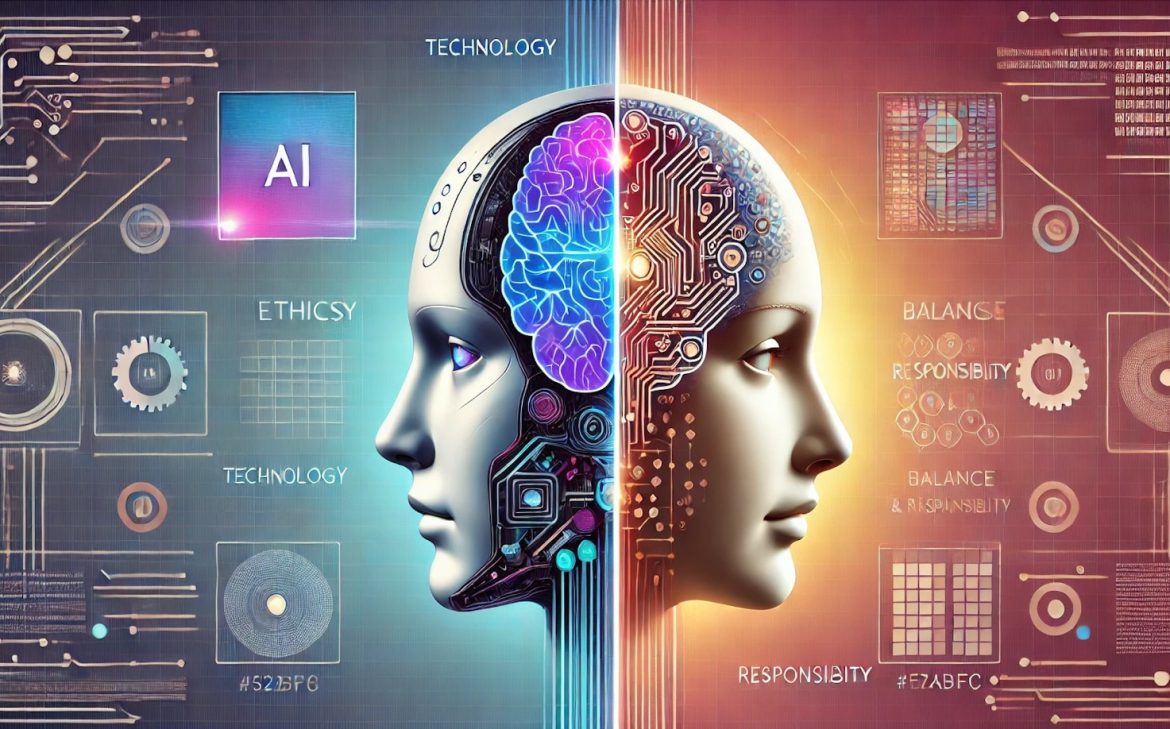
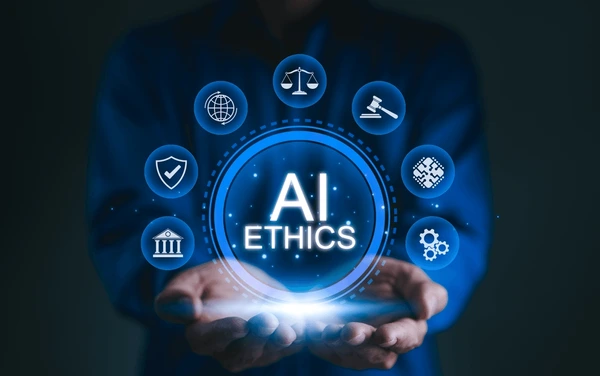
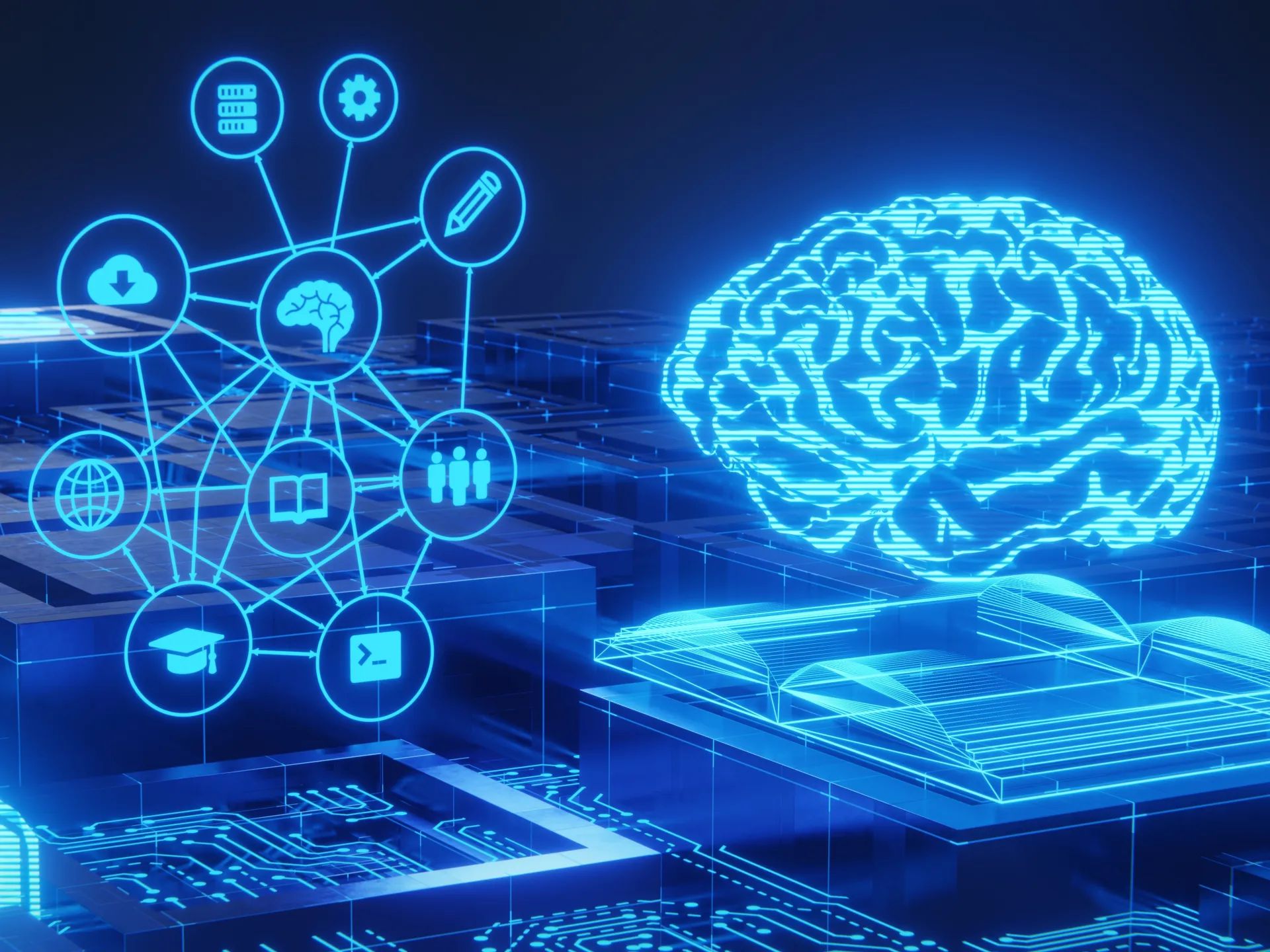
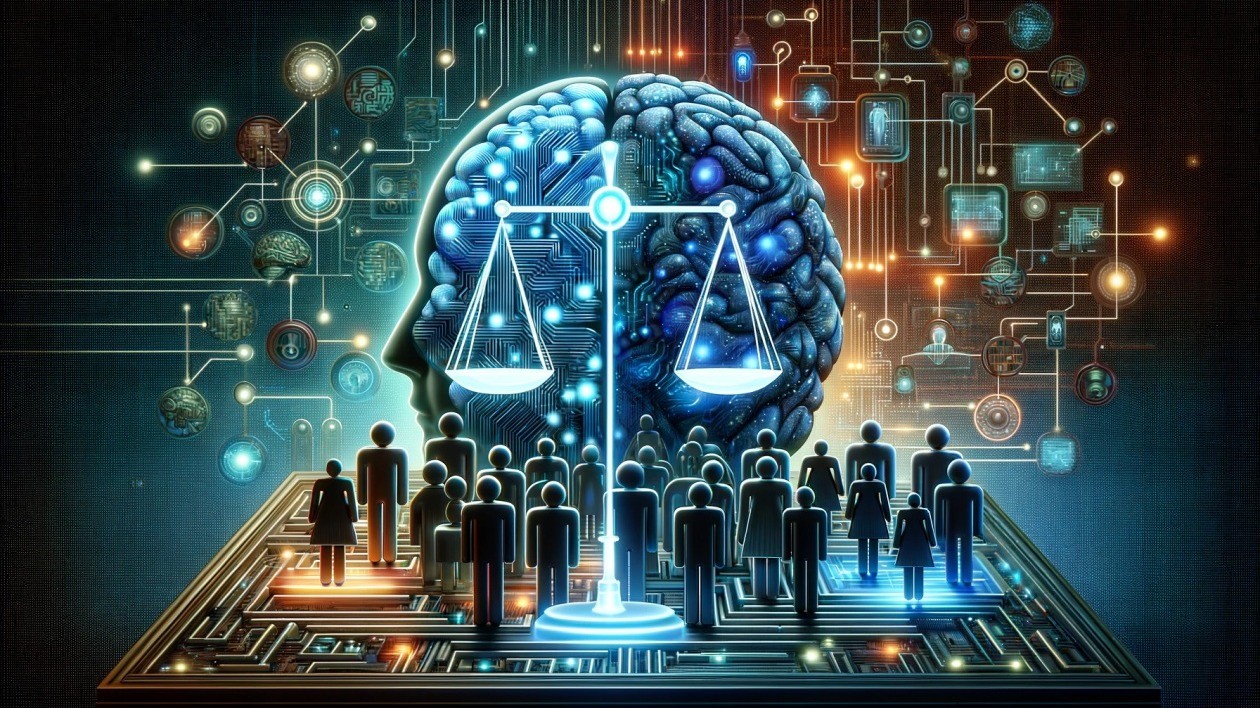
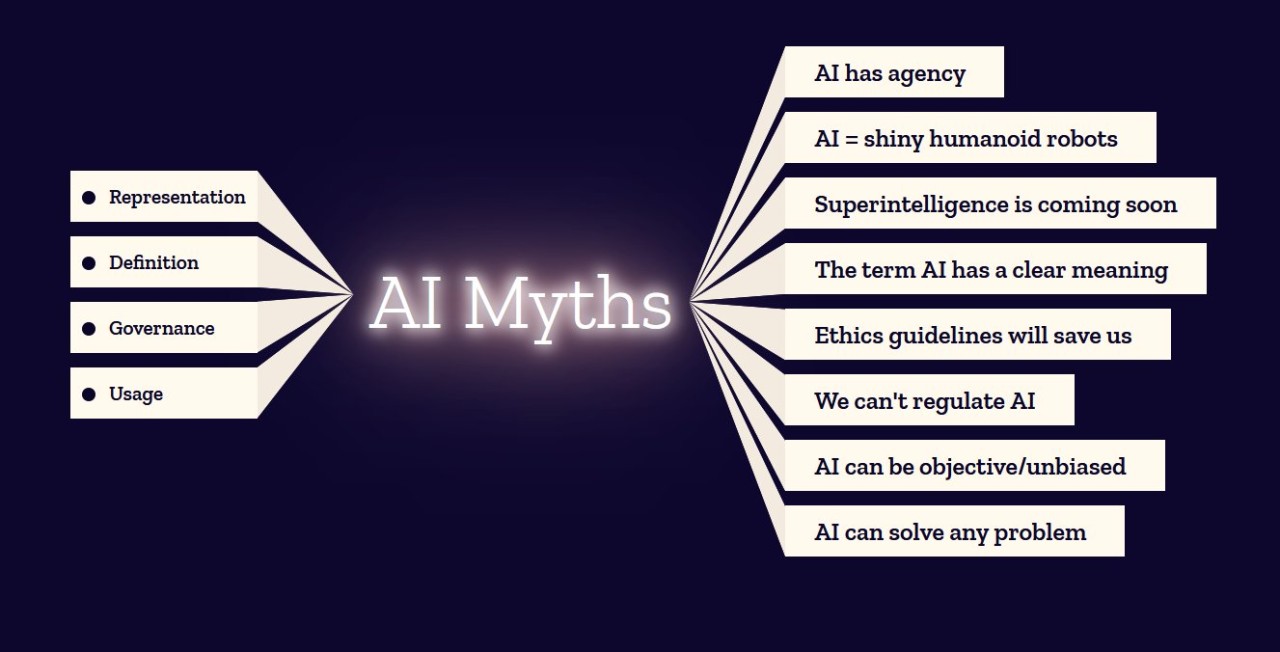
Leave feedback about this